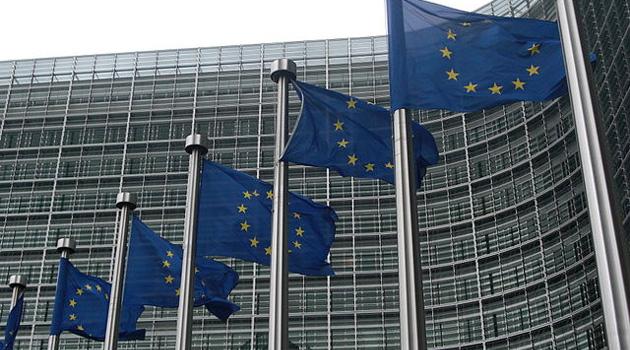Luxembourgian Foreign Minister says EU might fall apart over refugee crisis

unbelievably quickly if isolation, not solidarity, becomes the rule for both extra- and intra-EU affairs."
Asselborn said he believes the idea of Europe as an area without national borders is endangered. The time to save it is running out and "maybe just a few months" remain in which to save it.
The minister, whose country is now presiding over the EU, also said that "If Sweden and Germany batten down the hatches, then I don’t know what will happen in the Balkans. Actually I believe this is a very, very critical situation we now have before us."
Germany at the edge of her capacity
There is an intensive discussion underway in Germany about "battening down the hatches" or at least "pinching" them closed for now. Bavaria is dissatisfied with the fact that Germany’s own internal redistribution quotas for asylum-seekers are not functioning and that the main brunt of the refugees is being concentrated on its territory in particular.
That state is even preparing a complaint against the federal Government. German Chancellor Angela Merkel must now also face disputes inside the governing coalition over her policy of aiding migrants.
Most recently that dispute flared up over the question of restricting the rights of Syrian asylum-seekers. A proposal for Syrians to have only a limited opportunity to invite their family members to Germany was supported yesterday by German Finance Minister Wolfgang Schäuble.
"We must send a clear signal to the world: We are very prepared to provide aid, we have demonstrated that we are, but our options are also limited," he declared. The influx of refugees has put enormous pressure on the state administration at municipal level and has also sparked disputes about how to best cope with the crisis.
German Interior Minister Thomas de Maiziére unleashed a controversy at the federal level on Friday when he proposed that many refugees from Syria could be provided with a less extensive protection status than that of full-fledged asylum. According to the new rules approved on Thursday by the German Government, that would mean, among other things, that such refugees would not be able to invite their closest relatives to the country for two years’ residence, as recognized asylum-seekers can.
De Maiziére, apparently under pressure from the Government, later said that "matters will remain as they are for the time being." Schäuble, however, emphasized today that the cabinet is researching the option in detail.
Andreas Scheuer, Secretary-General of the Bavarian Christian Social Union (CSU), which is the sister party to Merkel’s Christian Democratic Union (CDU), called the Interior Minister’s proposal a good idea. On the other hand, Vice-Chancellor Sigmar Gabriel, the head of the Social Democrats, has emphasized that it is important for the Government to first undertake the measures it has already approved instead of coming up with new ones on a daily basis.
"That creates the impression that the left hand of the German Government doesn’t know what the right hand is doing," he said. Over the weekend Merkel restricted herself to emphasizing her long-held opinion that there must be a fairer redistribution of refugees EU-wide.